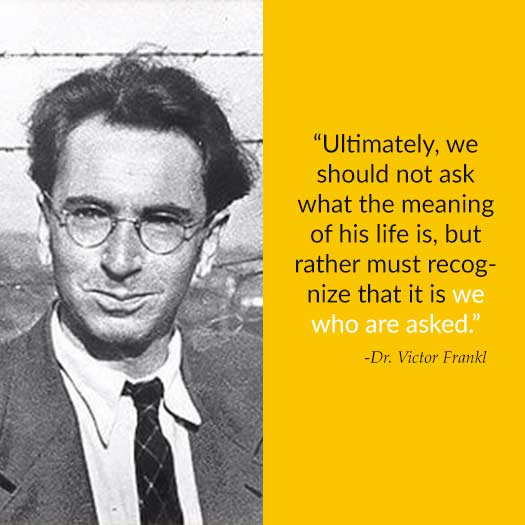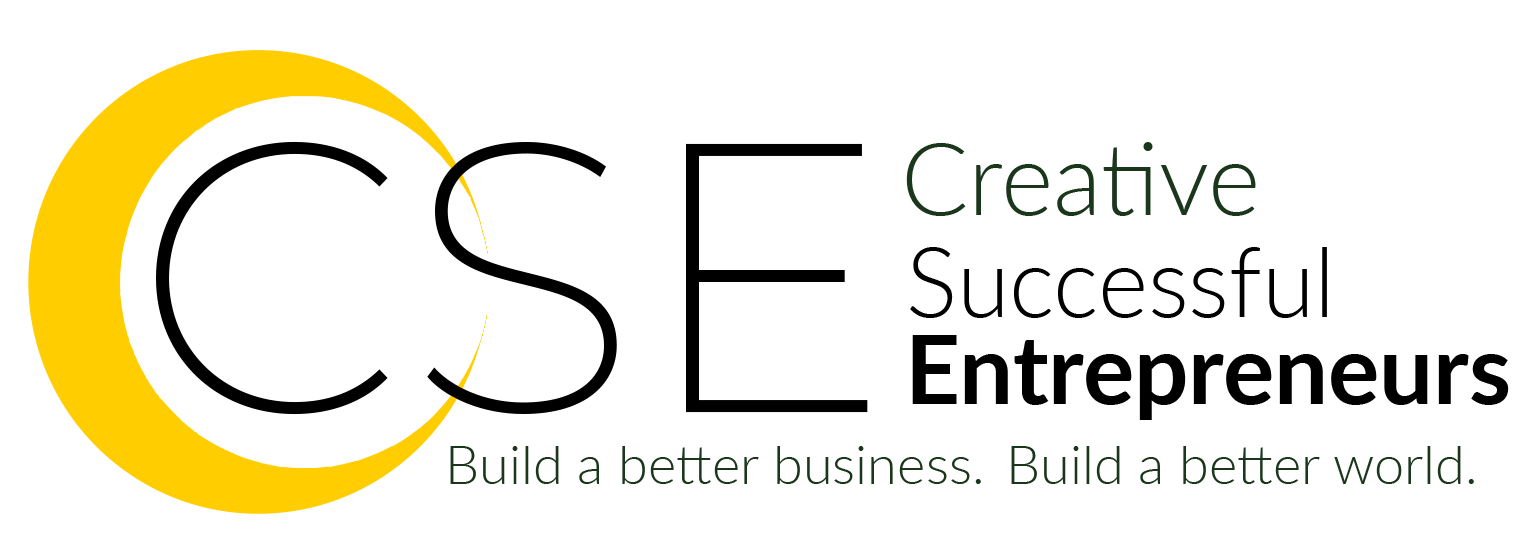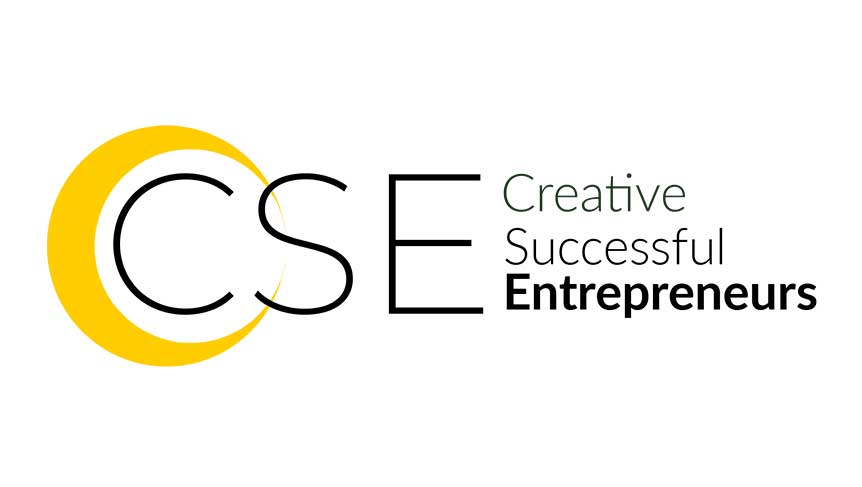
“Everything happens for a reason” has become a popular and oft-repeated phrase, one which we hear employed particularly when someone is experiencing seemingly unavoidable suffering or adversity. We lose someone we love, experience financial ruin or get a poor health diagnosis and in response to the ensuing loss of equilibrium, we reach for relief in the form of the saying, “Everything happens for a reason.”
However, the meaning for our suffering rarely makes itself clear and our disquiet usually lingers, albeit in the corners of our hearts and minds. This quiet, little bit of disorientation and panic affects our ability to succeed in our efforts in a big way. Reversing this mis-application of metaphysics to stay on a path to abundance and joy requires a shift in understanding. Meaning isn’t found in what happens to us. Meaning is found in choosing our response to what happens to us.
Dr. Viktor Frankl, who suffered the horrors of the concentration camps in Nazi Germany, knew something about enduring meaningless suffering and as a result, developed a therapeutic philosophy which he called “logotherapy”. The basis of this therapy viewed the search for meaning (as opposed to pleasure or power) as our primary drive. He, like Nietzsche, believed that those “who have a why to live for can bear almost any how.”
Frankl didn’t necessarily believe that the extraordinary events and circumstances in his life happened for a reason. But he did believe that he could endure and even flourish under the most dire conditions if he could find a purpose for his suffering – a reason to endure the seemingly unbearable, that would ultimately make the inexplicable horrors of the concentration camps a meaningful one. In his case, he continually set his focus on how his personal experience with tragedy and loss could help him help others cope with loss, grief, and other adversities that they felt were, perhaps, insurmountable. In short, Frankl didn’t try to discover the cosmic and ultimately unknowable reason for the (advent) of the Holocaust. He reacted by finding a way to transcend the circumstances by trying to discover the personal reasons that his suffering might be valuable, particularly to others.
Frankl’s work on logotherapy has been life changing for me and countless others. It is not only a tool for dealing with catastrophe, but a sound philosophy for managing the day to day life in a healthy and productive way. Setting aside the debate about whether or not finding meaning (as opposed to attaining pleasure or power) is indeed our primary goal, let us consider for a moment how we might approach life from a meaning-centric focus, and how this perspective/approach can help us lead a more rich and satisfying life.
Firstly, logotherapy (logos, in this case translates as “meaning,” so logotherapy literally translates as “meaning-therapy”) does not view happiness or success as something at which one can aim. Traditional therapies tend to focus on trying to alleviate human suffering and neurosis by uncovering the traumas and unconscious motivations of the past, and often assume that if these can be addressed, understood in context and “healed”, a human being will then become happy. While there is no doubt that this approach has value, logotherapy takes the view that happiness is not found in the calm of equilibrium, but rather in the tension that is created by striving for something that matters. Frankl would argue that if we are aiming at happiness, we are aiming at the wrong thing. He would say that we cannot try to be happy anymore than we can try to laugh. We must have a reason to laugh. Likewise, we must have a reason to live. If we do, happiness ensues.
An example of a logotherapeutic technique from Frankl’s own experience is as follows: a man lost his wife, whom he loved dearly. He suffered with depression for two years following her death. Frankl confronted him with a question, “What would have happened…if you had died first, and your wife would have had to survive you?” “Oh,” (the man) said, “for her this would have been terrible; how she would have suffered!” Frankl replied, “You see…such a suffering has been spared her, and it was you who spared her this suffering – to be sure, at the price that now you have to survive and mourn her.” Once there was a purpose to ascribe to his loss, the man was able to move beyond his paralyzing depression almost immediately, and to experience joy moving forward.
Frankl did not believe in a deterministic universe. He did not believe that God or some other external force interfered in human events. He did not believe that tragedies “happened for a reason,” that obstacles were placed in our way to teach us lessons. He believed that all people had completely free will, and that their actions, whether noble or evil, were entirely up to them. When the Nazis killed his family, he did not say, “this happened for a reason (that was engineered to enlighten me or teach me a lesson),” but he did believe that how he reacted, how he chose to change himself in response to those unspeakably terrible events, could allow him to find meaning and purpose. In fact, he believed that sometimes that most awful circumstances could be the most valuable because they could be used to create the deepest personal growth.
Human beings are completely free, according to Frankl, and human beings sometimes choose to do awful things. Therefore, terrible things sometimes just happen. We find happiness in the world not by trying to understand why things happen, but by using our free will to choose our response to what does happen. To allow the challenges in life to make us stronger, more courageous, and wiser. By responding to injustice and hate with kindness and love. Frankl would say that it is not up to us to ask what the meaning of life is. Rather, he would say that it is we who are asked.
Much of the current thinking on happiness and success focuses on the self, and pop-psychology is constantly rolling out new ways to unblock the self in order to attain the things we desire. Clients approach me wanting to increase their bottom line, bring in more business, have healthier, more successful relationships and leave their marks on the world. In every case, my coaches and I navigate around the usual desire to get going and set some goals, and instead try to draw the client’s attention first to what they really value, what matters to them most, what they find meaningful and what they want their lives to be about beyond themselves. Only then do we start to build their businesses, or form an execution plan for their project. What’s more, when a client’s focus is set this way, they are stronger in the face of the inevitable roadblocks, and often the results are dramatic. Indeed, with a logotherapeutic focus on meaning, many of the issues people initially approach me with seem to dissolve as if by magic. Directed by their choice of meaning, they have renewed energy, increased levels of creativity, and a new level of decision-making ability. Oddly, with a focus off of self-centric objectives and outcomes, much of what had eluded them for years comes to them automatically. We find that when we place our aim not on what they want for themselves, when we take the focus off the fulfillment of the self, and place it on the larger purpose, when we understand that we achieve what we achieve not so much by getting the things we think we want, but by realizing that what we truly want are the unexpected inner resources we gain when we respond well to the challenges and obstacles that will inevitably face us. We cannot achieve success in business or the fulfillment of the self by aiming directly at those things. The thing we desire in most cases, can only come as a by-product of a quest for something else. When we want certain things too much, we actually push them away. If, for example, we want to be liked too much, we can often become less attractive to people. This was what Frankl referred to as hyper-intention. Wanting something so much we actually make it impossible to have. The intensity of our need becomes off-putting. When we focus on contributing, to being a decent person, to being loving, kind, and considerate to others, without concern for how attractive these things may or may not be to others, we draw people to us.
The concept of hyper-intentionality can be applied broadly to achieve business success. For example, we coach our clients to have a flexible mindset, teaching them to be “completely committed and entirely unattached”. We also apply the hyper-intentionality concept even more specifically to help our clients in the day-to-day running of their businesses. Using a ridiculously simple (but nonetheless useful) phrase I created, “There’s a way; there’s another way…and there’s another way!” We support our clients to release attachments when working towards their business goals; this allows them to achieve an ongoing ease and avoid pushing success away. These two mantras capture the essence of Frankl’s concept, usher our clients away from the pit of hyper-intentionality, and invariably producing results when they are least expecting them.
Clients approach me wanting to increase their bottom line, bring in more business, have healthier, more successful relationships and to leave their marks on the world. In every case, my coaches and I navigate around the usual desire to get going and set some goals, instead using a unique inquiry process to draw the client’s attention first to what they really value, what matters to them most, what they find meaningful and what they want their lives to be about beyond themselves. Only then do we build the business, or form a execution plan for their project. What’s more, when client’s focus is set this way, they are stronger in the face of the inevitable roadblocks, and often the results are dramatic. Indeed, with a logotherapeutic focus on meaning, many of the issues people initially approach me with seem to dissolve as if by magic. Directed by their choice of meaning, they have renewed energy, increased levels of creativity, and a new level of decision-making ability. Oddly, with a focus off of self-centric objectives and outcomes, much of what had eluded them for years comes to them automatically.
I have come to believe that it is impossible to live a happy, successful life, or to have a healthy, thriving business, unless we first understand that life can be unjust, challenging, and rife with obstacles, and that it is in choosing our response, in taking responsibility for what happens by allowing us to make us better, stronger, wiser, more competent, loving men and women. We will experience hardship and difficulty. Sometimes our relationships and businesses will fail. The wisdom or Frankl’s philosophy, and the thing I try to impart to my clients, is that while healthy relationships and financial security are key elements to living a full life, ultimately, these are not the things we desire. The thing we really need above all else are the internal victories we experience when we respond correctly to whatever life brings us. We create the reasons for the events we encounter. We give meaning to life by how we respond. We find happiness not in determining how we live, but why.
For more on this highly effective philosophy, I recommend reading Man’s Search for Meaning, by Viktor Frankl. It is an easy, quick read, but this short book will quite possibly change your life.
To your success,
Melissa McFarlane
Creative Successful Entrepreneurs
Build a Better Business Build a Better World
We help creatives start and grow businesses. We help people turn their passion into income. We show people how they can make a real living doing what they are best at. And we’ve been doing it for over twenty-five years. Join the hundreds of successful artists, designers, film-makers, healers, coaches, and other professionals who have used CSE to turn their creative passions into thriving businesses. Join the hundreds of successful artists, designers, film-makers, healers, coaches, and other professionals who have used CSE to turn their creative passions into thriving businesses.

